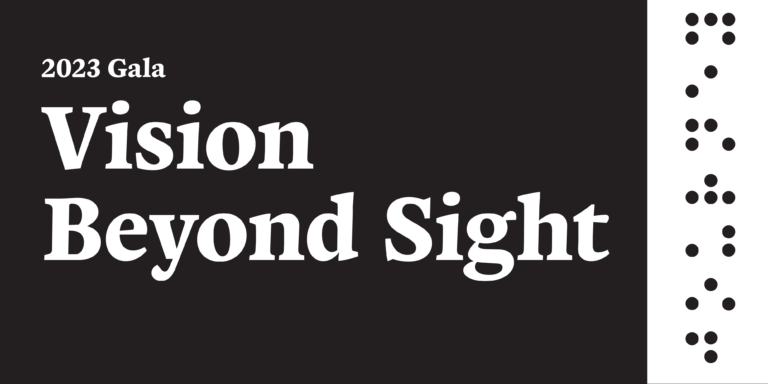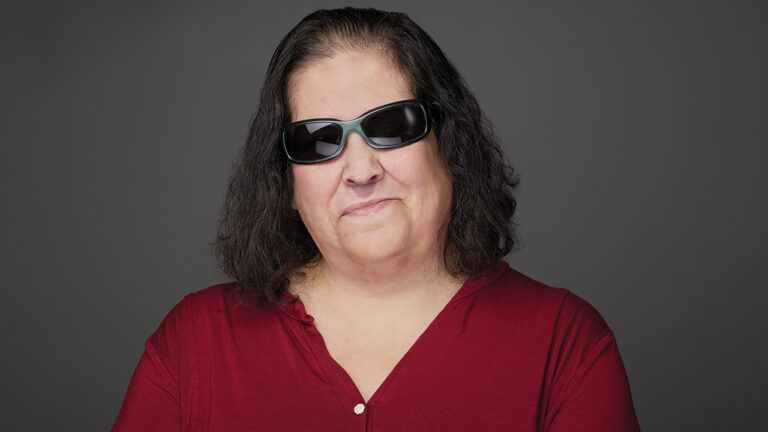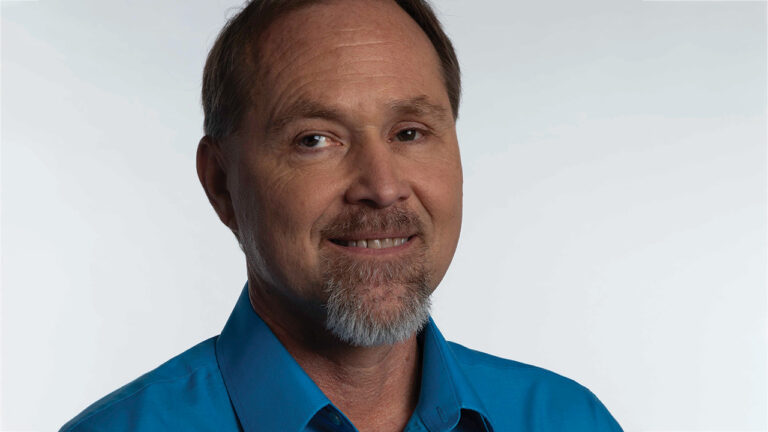We introduce this series to allow our writers to share their own experiences and stories with you. Each one will offer a different perspective of the phrase, “The way I see it.” Ann knew she wanted to finish her education but knew her vision loss would present some unique challenges. Ann’s determination and problem-solving skills helped her accomplish her goal.
“My sight loss journey of over 20 years has brought its share of difficulties. It has frustrated me, made me happy, and made me more determined simultaneously. I knew I wanted to continue my education and would not let my vision loss hold me back. I began by enrolling in correspondence classes with the Hadley School for the Blind in Winnetka, IL, earning an equivalency diploma. I did not complete high school due to family problems. Being given the chance to receive a diploma boosted my confidence and poor self-esteem. The next step was college.
Furthering Her Education
I selected a private college close to where I lived. It offered classes on weekends and evenings. When I was raising two children under five, the alternative class times made it easier for me to schedule sitters. I remember late study nights and mornings coming much earlier than I wanted, but it was worth it.
College life helped or hindered me, depending on the class type and instructor. It was frustrating to know I was often the only blind student on campus. I learned to advocate for myself, but it wasn’t easy initially.
I hired a scribe for math class in my junior year because the instructor only used a chalkboard for the math formulas. I was so frustrated and stressed that I would get home and cry. At the end of the class, the instructor told me I showed more initiative than some of the younger students and that they should learn something from a blind woman receiving one of the highest grades in his college-level statistics class.
Striving for Success with Setbacks
Sometimes, I didn’t receive the same accommodations that students often ask for and receive today. Once, the head of the technology department refused to equip a computer station with the magnification software I used. I felt like I wasn’t part of campus life because I could not take what the other students took for granted, and I didn’t allow myself to be stopped by it.
I asked for books as early in the semester as possible but was often disappointed by the instructor’s lack of understanding regarding reasonable accommodations. One told me it would give me an advantage over the other students if I received the textbooks before them. Once, I went to the library, and the librarian surprised me by showing me a dusty CCTV left behind by a student who had graduated. We set it up, and I used it to help read articles and books. The campus librarians were always helpful and understood the meaning of an accommodation for blind students.
Accessibility for visually impaired students improved during my master’s degree classes. Unfortunately, my vision deteriorated, and I struggled with reading printed materials despite magnification. I often experienced migraines from the eye strain. Some reading materials were only available in print, and the only technology available to me was a scanner equipped with OCR, also known as optical character recognition software.
In the final two years of working towards a master’s degree in family therapy, students were required to intern at the college’s counseling center. The campus counseling center was across a busy city street. I left one winter evening, navigated across the street safely with my white cane, and turned into the parking lot, which led to the building where my evening class was being held. My cane fell into a grate in the lot. I lost my balance and fell into a muddy puddle, scraping my hands and knees and dousing my book bag. I almost skipped the class but got up, unstuck my cane, and made it to class. I recall telling myself when I finally graduated, I would apply for a guide dog.
One of the most gratifying aspects of becoming a family therapist has been knowing I’ve made a difference and assisted the healing process for people in emotional or psychological distress. Only a handful of individuals declined to see me because of my disability. One of the most satisfying and memorable experiences was receiving my master’s degree with my daughter guiding us to the podium, my white cane held in my hand.”



